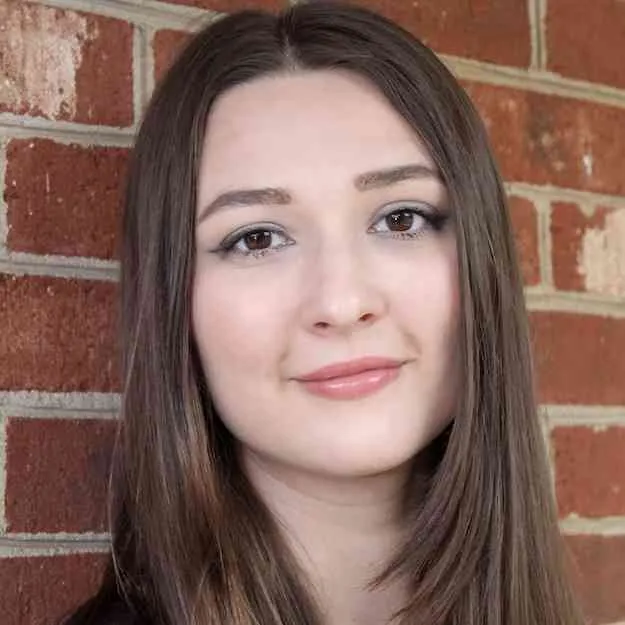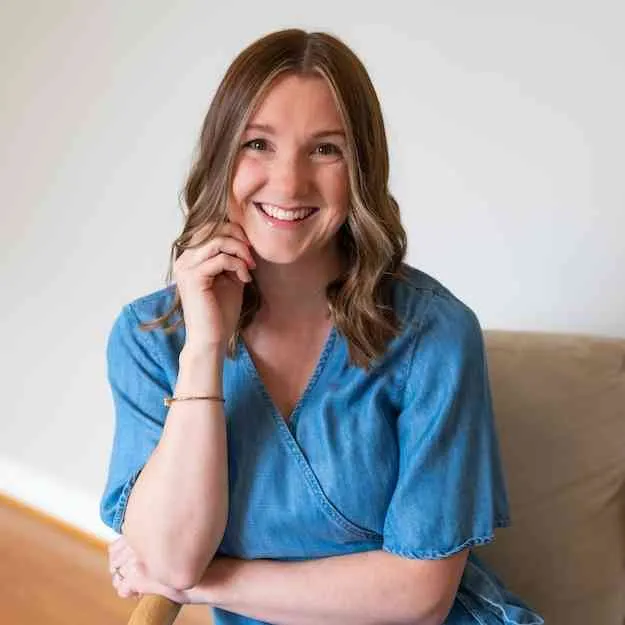
Supervised by Ebony Harrison, LPC - Resident in Counseling

Deborah Hudson
Supervised by Ebony Harrison, LPC
Supervised by Ebony Harrison, LPC
Deborah Hudson
Deborah Hudson, MA, is a resident in counseling working as an outpatient therapist and (pending) board-certified music therapist. She has 5 years of clinical experience, including intensive in-home, mental health skill building, group music therapy, individual therapy, family therapy, and school-based counseling services. A major focus in her work has been helping others attune to their most authentic self through self-love and compassion, music therapy interventions, mindfulness techniques, DBT-based strategies, IFS-based/ parts-work, social justice advocacy, and narrative therapy techniques. She enjoys working with individuals that have post-traumatic stress disorder, anxiety, depression, and ADHD. She also enjoys working with relationship issues, managing unhealthy family dynamics, and relationship with the self.
I helped a client recognize that a major life mistake does not define them as a person. When social perceptions around them shifted following the mistake, they began to take on this mistake as their identity and were experiencing a continual shift between immense guilt and shame and blaming others. I helped them recognize the gray area that they can be accountable for their actions, feel a healthy level of guilt, and then forgive themselves without this defining their character. Because of their internal shame, they were stuck in a cycle of blaming themselves and others too harshly, creating a self-fulfilling prophecy.
I often start each session with an arts-based check-in to identify what emotions are sitting with you in that moment. Then, I will ask if there is anything pressing that has occurred since the last session that you need to discuss/process through. This processing might include discussion, music or expressive arts. If there is nothing specific that you've brought for the session, I will suggest a focus for the session, given your specific treatment goals. It is also okay not to have much to share and to spend the session however you need (talking about your interests, hobbies, visions, plans for the week, etc).
For the first session, I will spend time getting to know you, what you like, what your previous therapy experiences have been like, what you expect/hope to get out of therapy, and begin to build trust and rapport. I will also share my approach, discuss confidentiality practices, and discuss your relationship with music.
Being a music therapist is the most fulfilling work I could have chosen, There is no other role that continuously gives me a broader understanding of the human experience. It is humbling, empowering, and encouraging. The power of music cannot be overstated: the way it can communicate more than words, the way it can hold space for complex and seemingly contradicting emotions, and the way it reaches the unreachable parts of us.Therapy is a continual journey of growth, self-reflection, and self-compassion. I find that all I give away continues to circle back to me. What other job does that?
Highlights
Deborah Hudson, Resident in Counseling, is under the clinical supervision of Ebony Harrison, LPC-S, 2340 Commonwealth Drive, Ste 0101, Charlottesville, VA 22901, (540) 632-1359, while obtaining supervised post-master’s degree experience per the laws and regulations governing the practice of Counseling.
What can clients expect to take away from sessions with you?
I hope each client walks away from a session with increased self awareness, self-compassion, and gained insight into their thoughts and emotions. I work to create a safe space that is validating, inclusive, non-judgmental, and open. I pair music therapy techniques with talk therapy for emotional regulation, emotional expression, reflection, and exploration. I help clients process their emotions through several techniques, including singing, active music listening, instrument improvisation, songwriting, playlist creation, and guided imagery and music (GIM). My hope is that ultimately, clients will gain insight into who they are, what brings them joy and purpose, and how to live their fullest, most authentic life.
What treatment methods and tools do you utilize?
I utilize evidence-based therapies, including Psychotherapy, Acceptance and Commitment Therapy (ACT), Attachment-Based Therapy, Client-Centered Therapy, Cognitive Behavioral Therapy (CBT), Dialectical Behavior Therapy (DBT), Existential Therapy, Mindfulness Therapy, Trauma-Focused Therapy, Internal Family Systems/parts-based & Music Therapy.
Explain to clients what areas you feel are your biggest strengths.
My strengths are creating a sense of safety, radical acceptance, validating emotional experiences, and challenging clients to take the next step towards their most authentic self. I work from a strengths-based model, continuing to see the good and maintaining unconditional positive regard to enact change.
Specialities

